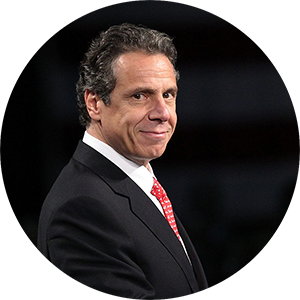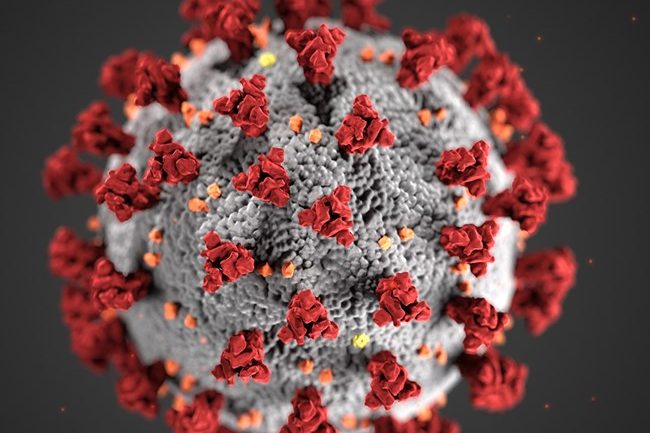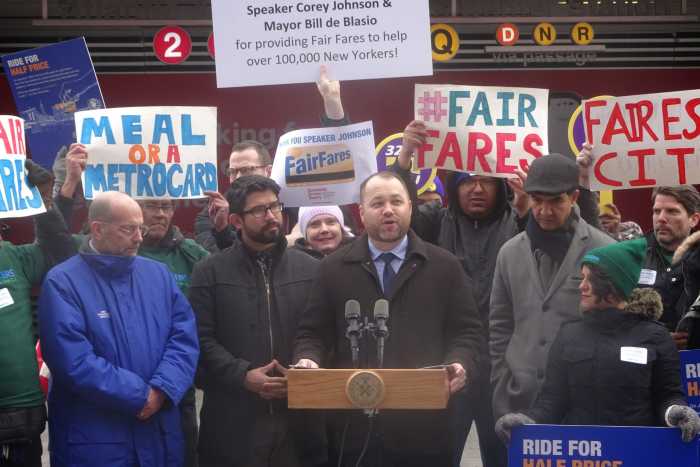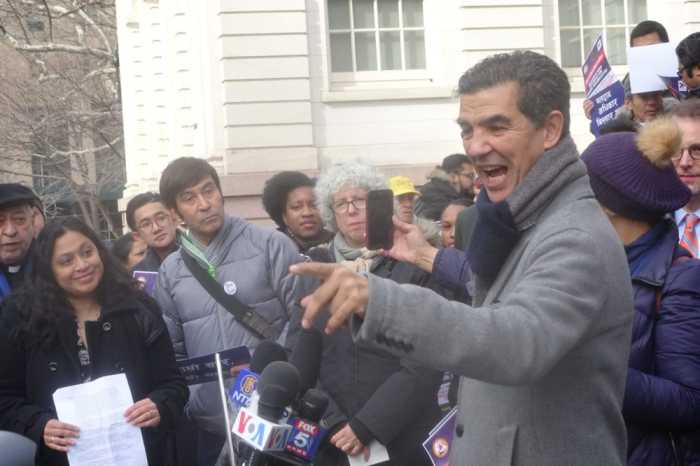Cuomo, Brewer Grill De Blasio Over Transit Remarks

Mayor Bill De Blasio (D) sparked concerns during a Friday press conference when he said that some New Yorkers will “have to improvise” their routes to work going forward, CBS 2 New York reported.
Governor Andrew Cuomo (D) who has control over the MTA, said that the subways will continue to operate, but will have new regulations.
“You can’t social distance, but you can stagger the volume,” he said. “There will be personnel to limit how many people can get on a train.”
Manhattan Borough President Gale Brewer (D) agreed, indicating that reducing mass transit access would be discriminatory to New Yorkers who cannot afford cars.
“Leaving people to ‘improvise’ will mean the wealthy insulate themselves from transit mismanagement by driving while the poor get stuck on traffic-clogged buses,” she tweeted. “We need a plan and that starts with 40 miles of bus lanes citywide.”
Rodriguez Calls for News Sports Office

Councilmember Ydanis Rodriguez (D-Washington Heights, Inwood, Marble Hill) proposed creating a citywide “Office of Sports and Recreation” to better promote health and fitness for New Yorkers, particularly those of color and from low-income backgrounds, Patch reported Thursday.
“This is about bringing equity into sports for all underserved, Latino, Black, and Asian communities,” Rodriguez said. “Everyone saw the devastating impact COVID-19 had on low-income communities who suffer from disproportionate rates of asthma, diabetes, heart disease, and obesity. Lack of healthy food options and quality sports and recreational opportunities have all contributed to this health disparity…”
Glick Wants Stimulus Funding for Colleges

Assembly Higher Education Committee Chair Deborah Glick (D-TriBeCa, SoHo, Greenwich Village) called for additional funding for colleges and universities in future coronavirus stimulus packages, Spectrum News reported May 20.
Glick contended that the first round of stimulus for colleges and universities wasn’t enough, adding that she’s hopeful that the HEROES Act will include at least $50 billion in funding for higher education.
“Our colleges and universities, particularly in the Northeast, an older part of the country, is a very large industry, a major sector of the economy,” said Glick“In many places, it is the major employer. So, if we are looking to help local economies PPP is fine for small businesses … but a second round of that occurred; we bailed out airlines; so a second round for higher ed is crucial.”









